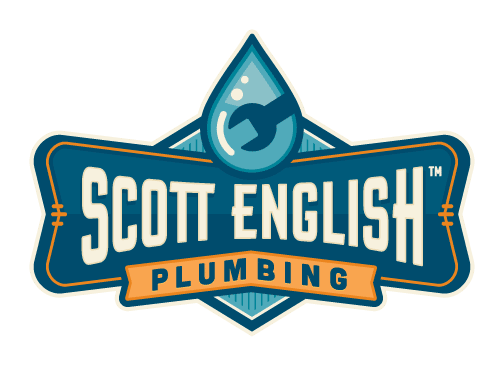Top 5 Concerns about Slab Leaks
Slab leaks are always serious cause of concern because not only is it dismaying, but can also be very costly and destructive. The challenge with this type of leak is that it is difficult to pinpoint since it resides behind walls and floors. More importantly, slab leaks can happen for a long time without homeowners noticing its existence. Let’s take a look at some of the concerns about slab leaks.
Slab and Wall Leaks
One of the more troubling problems is when you have a water leak between slab and wall, which can be very threatening. In fact, there should be no homeowner who turns a blind eye on this plumbing problem. This problem is commonly caused by a drain positioned behind a cemented slab foundation.
When the slab shifts because of soil movement or similar activities, cracks can occur on the drain pipe. If you notice a foul smell, then the crack may be from the sewer drain pipe. Just like any other slab leak, its detection and proper repair must be handled by a licensed plumbing professional.
Basement Leaks
There are different ways to check if you have a basement slab leak. One of the easiest is to walk on it barefoot. When you get that warm feeling on the concrete floor, there is a pretty good chance that you have a basement slab leak. To verify whether this is true or not, you need to get the services of a licensed plumber.
An electronic leak detector is commonly used to make sure that the exact location of the slab leak is identified before any solution is executed. This eliminates the inconvenience that the homeowner experiences. If left unattended, basement slab leaks can be extremely dangerous and expensive.
Bathroom Leaks
For slab leaks in your bathroom, one of the common signs would have to be damaged walls. The continued exposure to moisture because of the leak causes it to bubble up. As the bathroom slab leak reaches the ceiling, it can sag and result in water accumulation.
Damaged flooring can ensue as well as you feel the bathroom floor crack or buckle without visible reasons. The flooring may feel soft or spongy depending on the type of material used. Tiled floors can become loose due to lack of adhesion. Even subfloors become damp.
Copper Pipe Leaks
If you have copper pipes lying behind concrete slabs, then your home can fall victim to a copper pipe slab leak. These are homes that can be as old as those built during the 1960s. Despite the durability of copper, aging has a way of degrading its strength, resulting in pinhole leaks.
It is important to point out that copper pipes are produced in varying gauges, the thicker the pipe, the longer it can last without having to worry about pinhole leaks. This highlights the need to ensure that homeowners do not just use copper pipes, but make sure that it is of high quality. This helps to keep electrolysis that results internal corrosion at bay.
Bypassing Slab Leaks
One of the most common ways to solve this type of plumbing problem is to bypass slab leak areas. This means that the existing faulty pipe is avoided as a precaution against future slab leaks. This is especially effective when dealing with older pipes.
When a bypass is done, it is not surprising that you may experience an increase in water pressure. This type of work would normally be completed in about 2 to 3 days, if no other problem is encountered. The detection process would cost about $120 to $400 depending on the plumbing service, which may offer a flat rate.
The bypass would depend on the length of pipe that will be used, which means that it can run from $200 to $5,000. The average cost however for a medium-sized home is about $550. This may sound costly, but do you realize that neglected slab leaks can cost you anywhere from $200 to $6,000 in repairs alone?
If you have more concerns about slab leaks, call Scott English Plumbing now.
